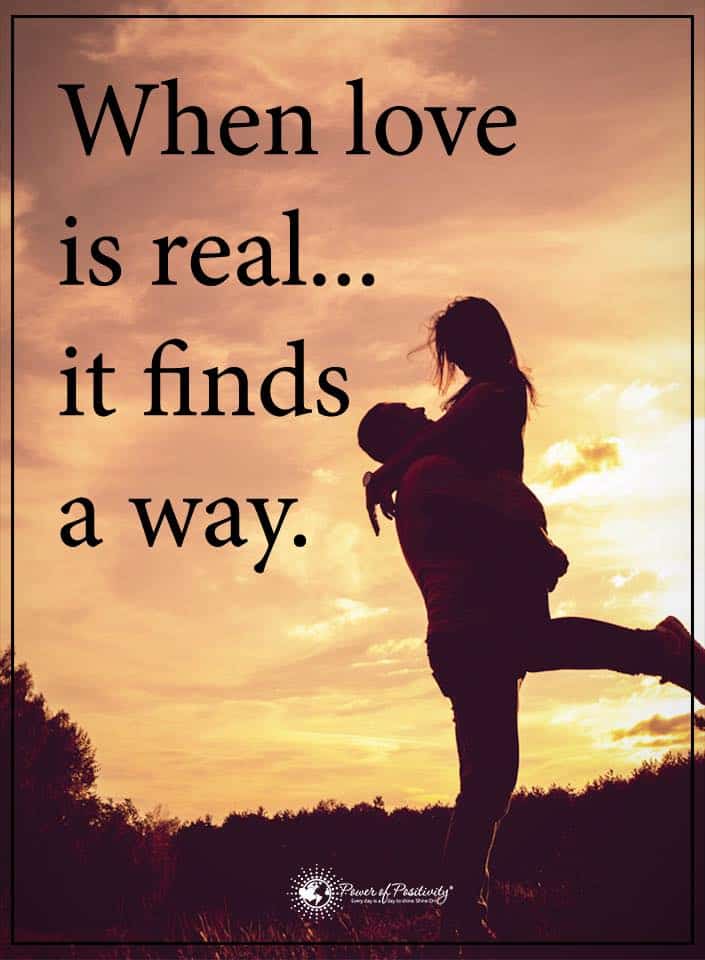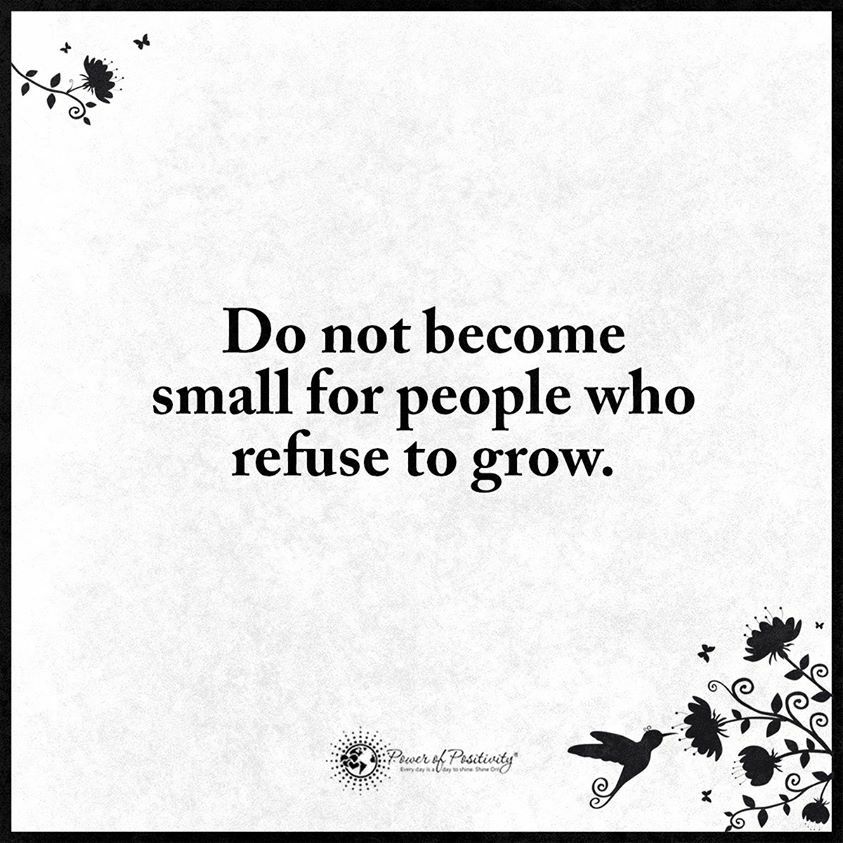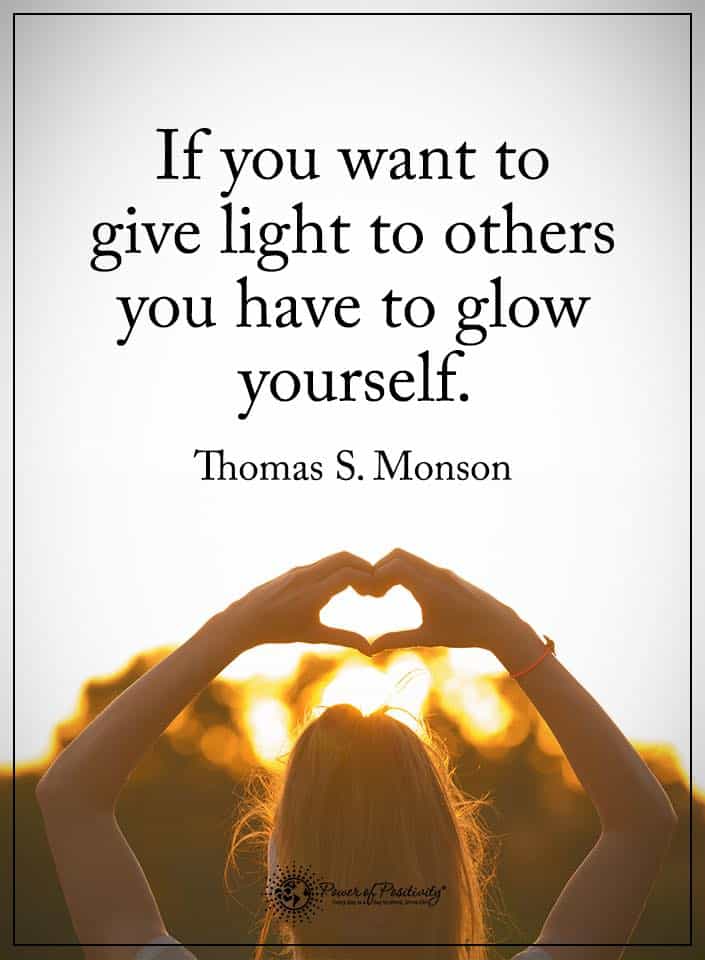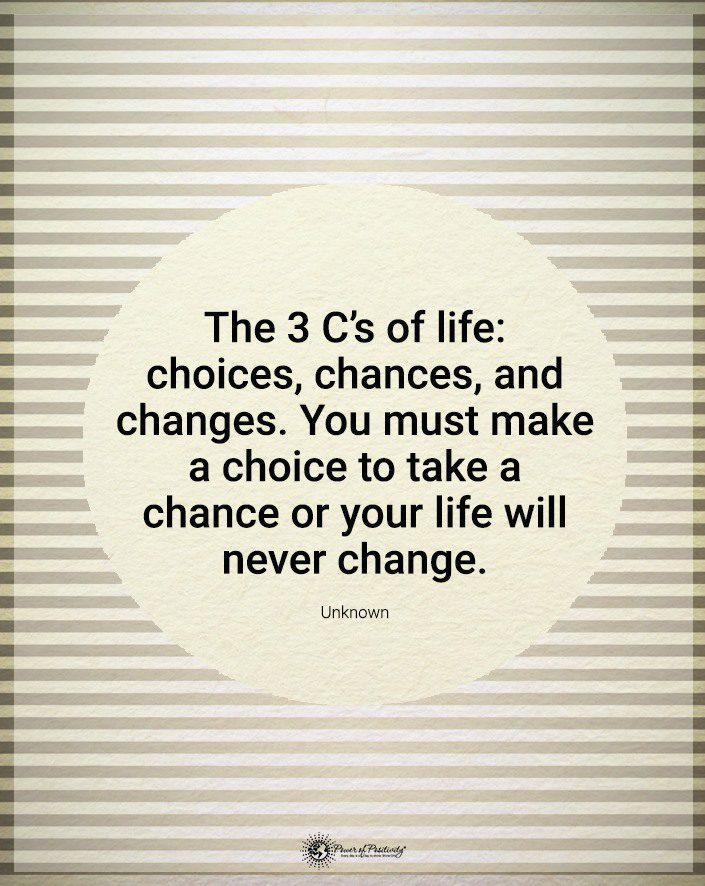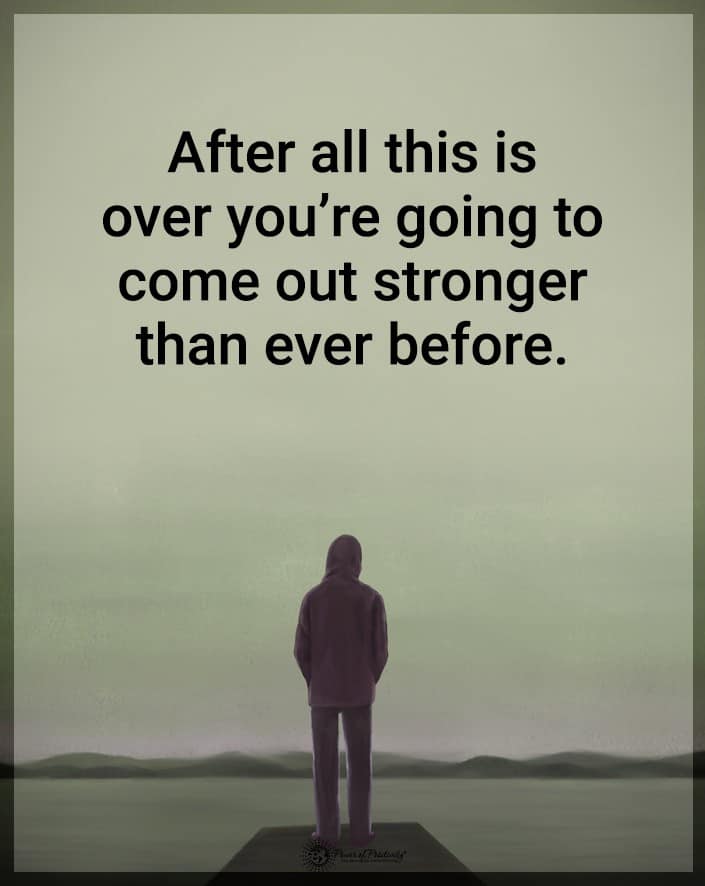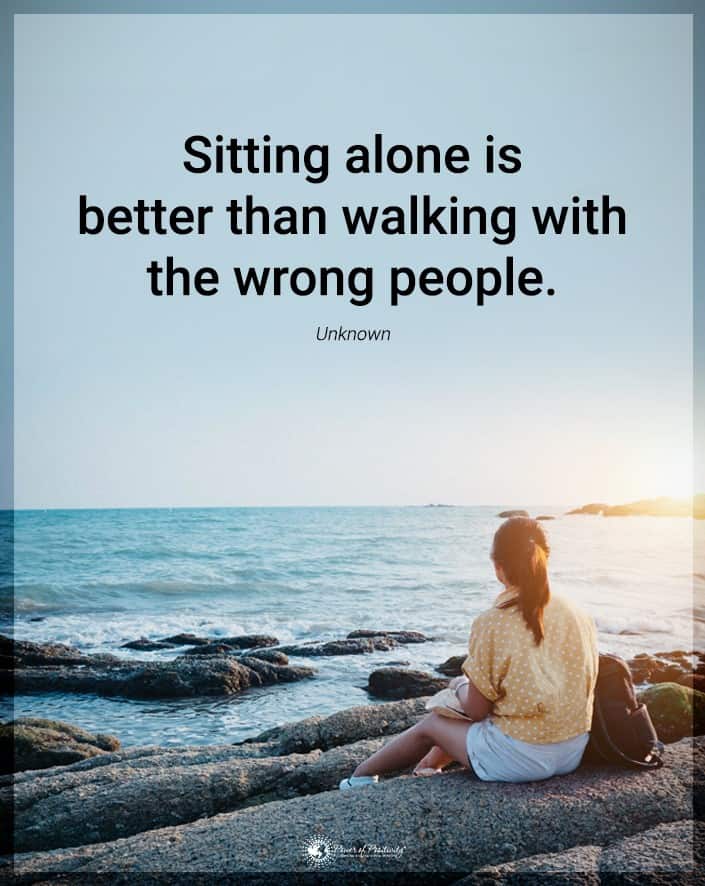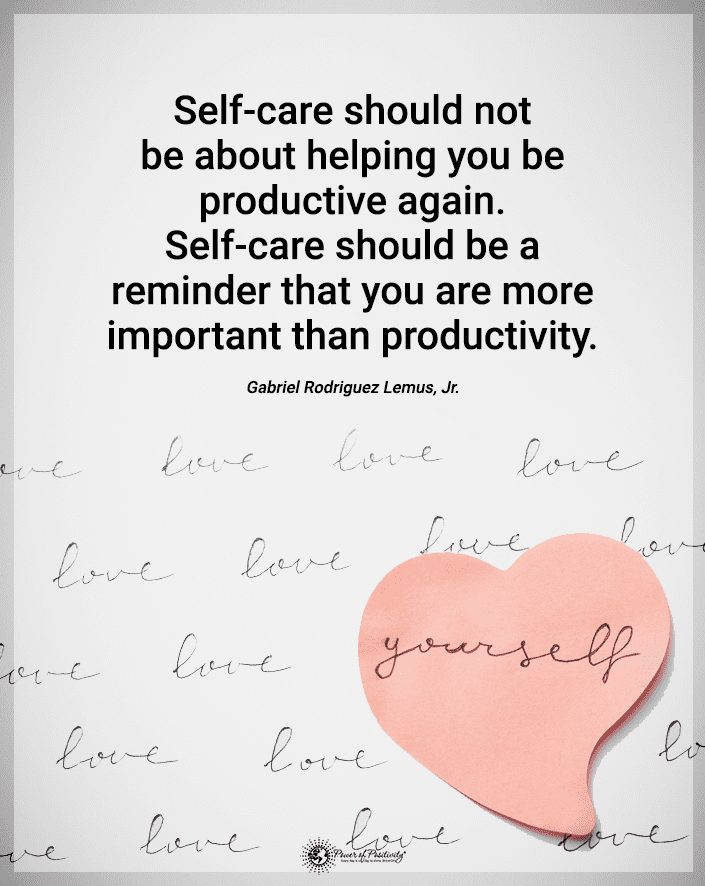Love is great, is it not?
Two people in a romantic relationship going through life and coexisting is one of the hardest things we do. Yet at the beginning, we go steaming in full speed ahead; such is the power of the euphoria of something new and exciting. The question you ask yourself is: “Does love change with time?” Without a shadow of doubt.
Here is the evolution of the L-Word in stages of the relationship.
8 Ways Saying “I Love You” Changes With Your Relationship
L-Word 1: 3-6 Months
Finally, you have both said it for the first time, the L-Word. After weeks/months of dating, getting to know one another, having electric sexual chemistry… what a time to be alive! The L-Word 1 is both of you saying in unison: “So far, so great! We want to take it a step further as we are crazy about each other.”
L-Word 2: 1 Year
A year has passed and you are still mad about him/her and you find his/her little quirks adorable. You both try freaky stuff in the sack – and out of it! Saying the L-Word 2 makes you both think about the future together and how amazing it will be with your honey pie. You and them versus the world. It is at this time when you talk of the all-important moving in together and/or wedding bells start to chime to “Here Comes The Bride.”
L-Word 3: 1 1/2-2 Years
Just checking in to ask how the decorating is going. Has she turned your sacred game room into a nursery yet? How much closet space have you really given him? L-Word 3 is when the word “compromise” comes into play. It is not just about whispering sweet nothings in your dearly beloved’s ear or kinky sex games anymore. It is about give and take – make a mental note that it does not mean he gives and you take, ladies!
L-Word 4: 2-3 Years
Arguing is part and parcel of any relationship. In moderation and with decent conflict resolution, arguing is healthy. If you two love doves argue too much or not enough, you are looking at trouble with a capital T. The L-Word 4 says: “Let us learn from our mistakes and use them to tweak our behavior to create more understanding in the relationship.” Fellas, get out of that man cave and talk it out with the missus.
L-Word 5: 3-5 Years
You are starting to move past those challenging times. You might have more in the shape of the sound of tiny feet, and that brings more pressure to the relationship. With the appropriate management skills and persistence, they can all be overcome. Talk to him/her about your worries (I know, fellas, easier said than done); communication is so important now more than ever. Moving past petty squabbles was just the appetiser to the main course of everyday conundrums. Public or private school for Jay? Domestic or overseas investment? How to get the downstairs toilet fixed? The L-Word 5 says that you two can and will get past anything that stands in your way.
L-Word 6: 5+ Years
You have put your paces together and have gone through hell to make it work. This is your reward: a loving partner who treats you right and even a cute family if you decided to have one. You know you’re sweetie through learning how to make him/her happy and how to calm them down when distressed. The L-Word 6 means: “We did it! Thanks to each other, we have what we were looking for all along after going to hell and back to make it work.” Those challenges do not end, though. At least you both have the right tools to reach an agreed resolution now.
Love is strength. Strength to enjoy the good times, strength to withstand with understanding in the bad, and strength to resolve all problems and overcome challenges to reap the rewards. Do not run away from difficulty; embrace it with open arms. You are strong enough to move past anything thrown your way. Do it together!

